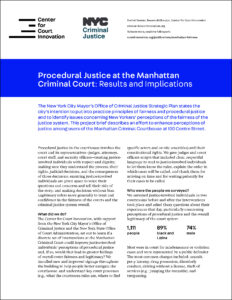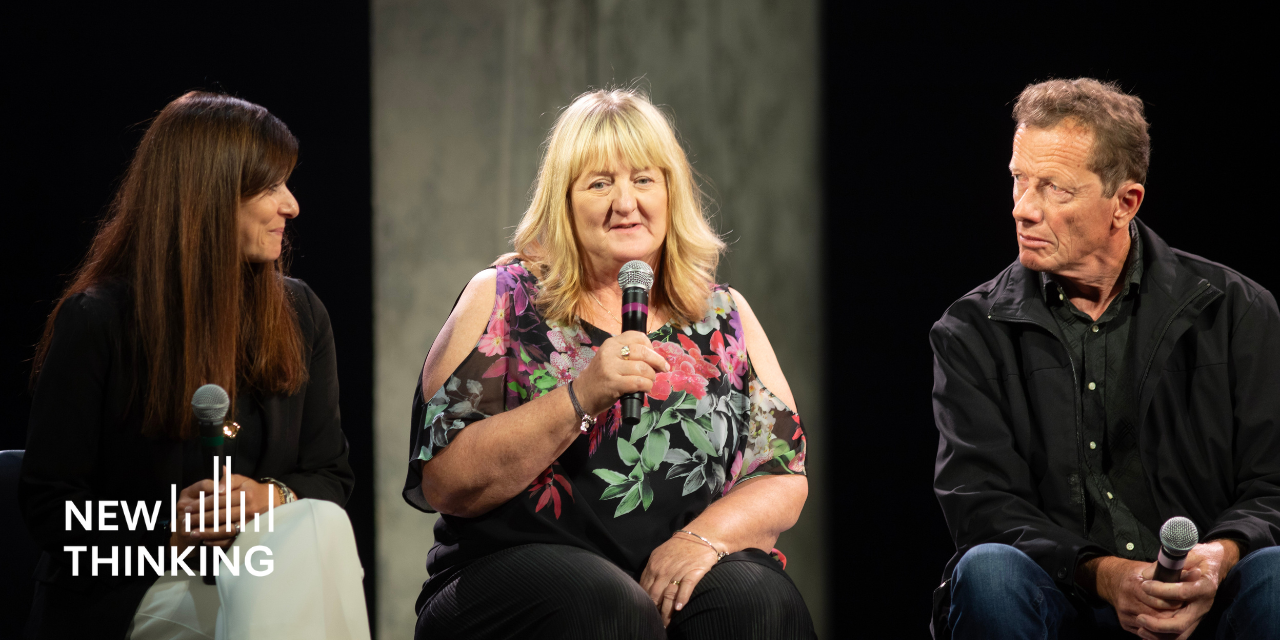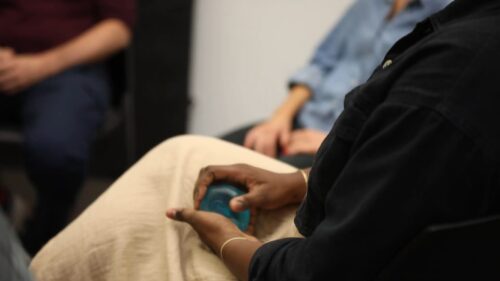-
Dana Kralstein
-
Elise White
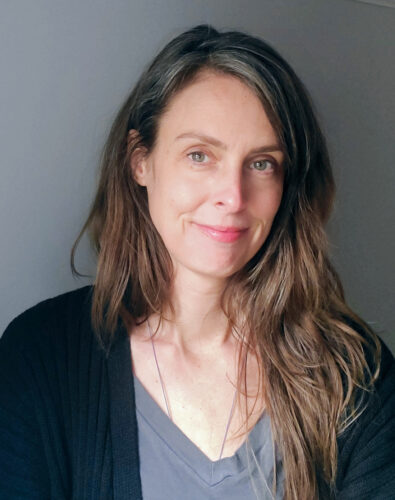
Elise White
-
Lauren Lyons
-
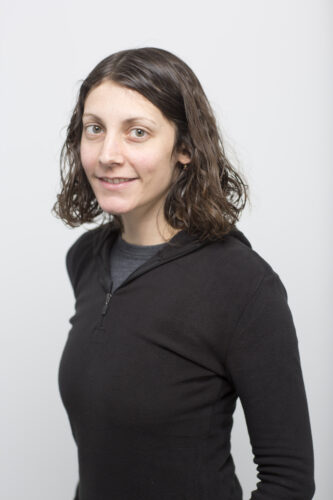
Rachel Swaner
This study set out to determine whether improvements at a busy urban courthouse designed to make court users feel respected and ensure they understood the process—two elements of what has been termed “procedural justice”—could also lead to greater overall feelings of court fairness and legitimacy.
We installed improved signage throughout the Manhattan Criminal Court to help defendants better navigate the courthouse and understand courtroom rules. We gave judges and court officers concise scripts describing procedures and thanking defendants for their patience. And we surveyed more than one thousand defendants to document perceptions before and after the changes.
We found that these interventions can make courthouses easier to navigate and lead to more positive perceptions of procedural justice. However, they are not enough on their own to significantly improve overall feelings of legitimacy. Defendants were unhappy with the effects of long waits to have cases called and the need for multiple court appearances. Many of defendants’ underlying critiques—negative experiences with police, or that that the justice system is “wasting time” with low-level crimes and giving disparate treatment to racial and ethnic minorities—exceed what courts alone can address.
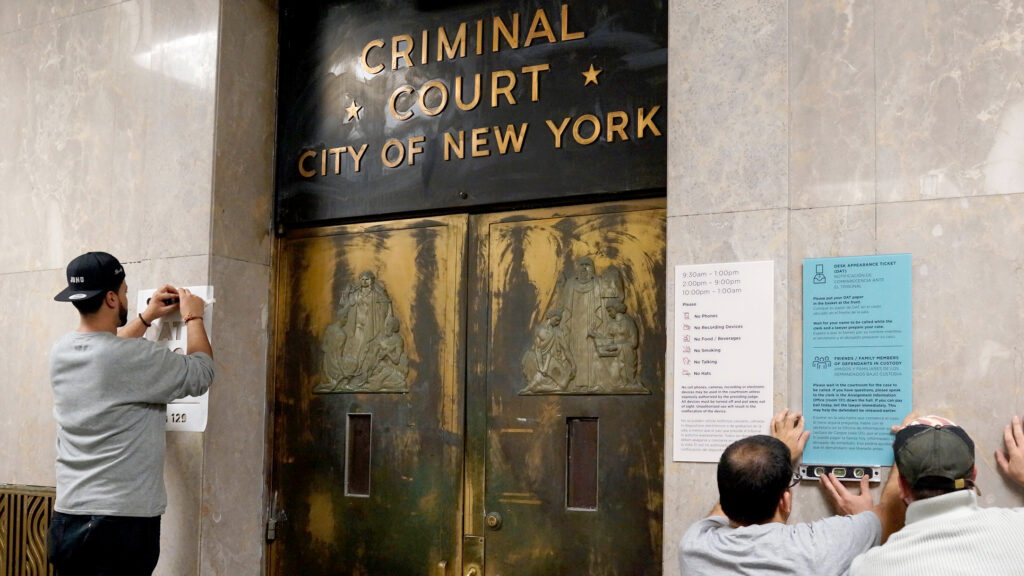
New signage being installed at Manhattan Criminal Court

